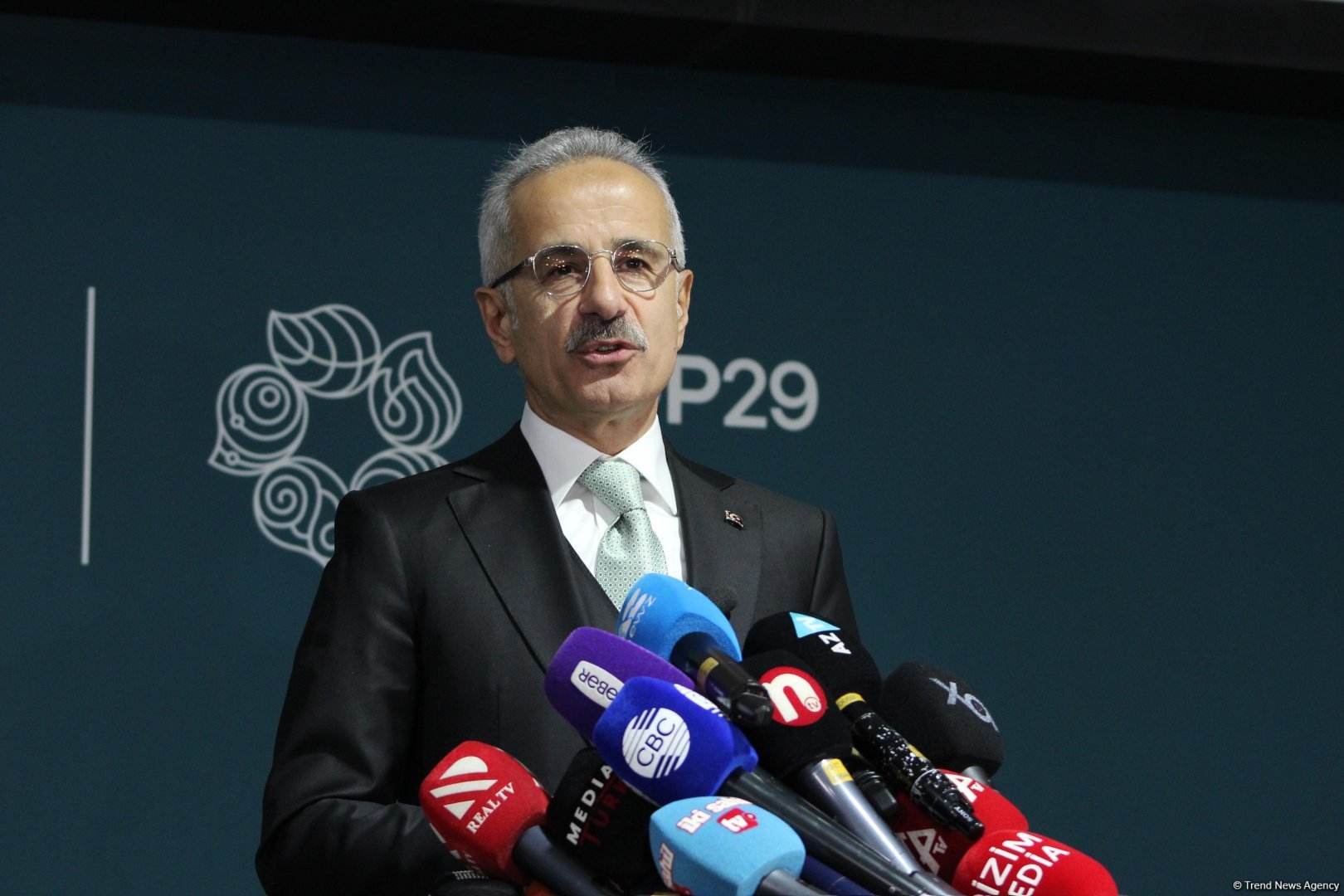In Africa, where women make up 45% of entrepreneurs — the highest rate globally — gender disparity in access to funding remains a significant barrier to economic equity and growth.
(Getty Images)
In Africa, where women make up 45% of entrepreneurs — the highest rate globally — gender disparity in access to funding remains a significant barrier to economic equity and growth.
Zineb Sqalli, managing director and partner at Boston Consulting Group, said this when she addressed a panel, titled Can Gender Bonds and Innovative Mobile Products Unlock a $2.5 Trillion Opportunity?, at the recent Africa Financial Summit, held in Casablanca, Morocco, on 9 and 10 December,
Despite their potential, women-led businesses receive six times less funding than those led by men, limiting their ability to scale, create jobs, and drive GDP growth.
This imbalance represents a missed economic opportunity worth an estimated $625 billion for the continent. Addressing it could unlock transformative progress.
One potential solution lies in gender bonds — financial instruments that direct capital to projects and businesses that empower women.
The Mail & Guardian spoke to Sqalli about the potential of these tools to reshape the financial landscape for women in Africa.
How do gender bonds contribute to achieving gender equality in the African context?
Gender bonds are innovative financial instruments that mobilise capital specifically for projects empowering women. Africa has the highest share of women entrepreneurs in the world — 45% in sub-Saharan Africa, for example. And women-led businesses receive six times less funding than men. In this context, these bonds directly address systemic financial inequities. Gender bonds provide tailored financing for women-led initiatives, empowering them to scale businesses, create jobs, and reinvest in communities. This represents a massive opportunity for the continent, estimated at $625 billion GDP, if we are able to bridge the funding gap.
How are funds raised through gender bonds effectively reaching and benefiting women-led enterprises?
Funds from gender bonds are often directed towards projects that directly benefit women, such as affordable loans for women-led small and medium enterprises or initiatives such as social housing. For example:
- Banco Davivienda (Colombia): $100 million raised, disbursed as 12,000 loans to women-led businesses and 84,000 housing loans for low-income women.
- Asian Development Bank (Indonesia): $120 million gender bond targeting women-led farms and micro-enterprises, reaching 20,000 beneficiaries.
- African Development Bank (AfDB): Gender bond funds are integrated into AFAWA initiatives, supporting thousands of SMEs through guarantees and affordable loans.
These examples show that gender bonds ensure capital flows to impactful initiatives while promoting transparency in deployment.
Are there particular sectors where gender bonds have shown the most promise in empowering women economically?
Promising sectors include agriculture, where women constitute over half the workforce in many African countries and can benefit from productivity-boosting investments. Informal retail and renewable energy also show strong potential, as women dominate these spaces yet lack scalable financing. Tech and digital innovation are emerging areas of growth, with women leveraging mobile platforms and e-commerce for entrepreneurship, a trend accelerated by targeted financing.
What role does private sector investment play in the success of gender bonds in Africa?
The private sector is key to scaling gender bonds by issuing them and integrating gender-specific initiatives into broader corporate strategies. Private investors also bring innovation, credibility, and scalability to the market. Their participation enhances confidence for institutional and global ESG (environmental, social and governance) investors. For example, banks and corporates can use gender bonds to attract sustainable funding while designing accessible financial products for women entrepreneurs.
What makes the African market uniquely positioned for gender-focused financial instruments like these bonds?
Africa’s entrepreneurial dynamism, combined with its growing fintech and mobile money ecosystem, creates a unique environment for gender bonds. Fintech platforms facilitate data collection on women borrowers, demonstrating their reliability and creditworthiness. This data can be used to structure gender bonds that target underserved populations. For example, mobile money systems provide financial histories for women entrepreneurs, enabling them to access gender-bond-funded credit programmes.
Why are there only five gender bonds in Africa, and what are the hindrances to issuing more?
Limited issuance stems from several barriers.
- Lack of data: Insufficient evidence of gender bond profitability discourages investment.
- Regulatory gaps: Many countries lack frameworks for structuring and regulating these instruments.
- Capacity constraints: Financial institutions often lack technical expertise to issue and manage gender bonds.
Addressing these barriers requires initiatives like AfDB’s AFAWA (Affirmative Finance Action for Women in Africa) to de-risk bonds and global efforts to improve gender-focused data availability.
What are some solutions to improve data collection and build trust between lenders and female business owners?
Data initiatives: Programmes like CIDE by We-Fi collect gender-disaggregated data to showcase the effect of investments and build lender confidence.
Transparency mechanisms: Publishing data on repayment rates and outcomes helps lenders see women entrepreneurs as reliable borrowers.
Public-private partnerships: Collaborations can develop data-sharing platforms that aggregate financial and operational data.
Although digital platforms like mobile money systems create alternative credit profiles for women, these mechanisms are not directly linked to gender bonds but can complement them by identifying eligible women-led businesses for bond-supported initiatives.





















Discussion about this post